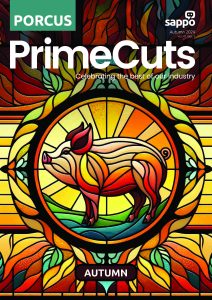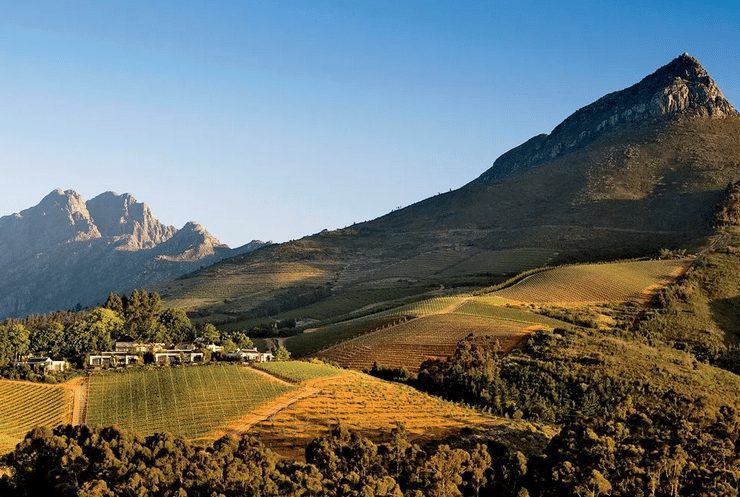Source: Agbiz media release, 1 June 2021, photo credit: Delaire GraffS/Estate/Conde Nast Traveler
On Monday the 31st of May, the Ad Hoc Committee on the amendment of section 25 of the Constitution met for deliberations prior to the expiration of its mandate at midnight.
This followed deliberations the previous week whereby the committee requested the Parliamentary Legal Services to draft a Bill reflecting various options proposed by political parties represented in the committee.
The revised draft presented to the committee on Monday included three controversial proposals, namely state custodianship of land as a natural resource, the removal of the 1913 cut-off date for land restitution claims and removing the requirement that nil compensation must be sanctioned by a court process. Whilst the committee has not reached agreement on these proposals, Agbiz expressed its concern relating to all three new proposals.
Agbiz CEO, Dr John Purchase noted; “It is difficult to understand why these proposals are being entertained as it seems to go well beyond the scope of the committee’s mandate and is totally out of line with the country’s economic policy direction. The mere fact that these proposals are being considered at a time when our energies should be directed at economic reconstruction and recovery is a huge cause for concern. Responsible analysts and investors have operated on the assumption that the committee will stay within its mandate to ‘make explicit what is implicit’ in the Constitution. These latest proposals bear little resemblance to the Bill that was passed for comment and creates renewed uncertainty for the business community.”
According to Dr Purchase, proposals such as state custodianship over all land are inconsistent with the concept of inclusive growth. “Our economy was severely impacted by the Covid-19 pandemic and conservative estimates suggest that we may only reach pre-lockdown levels of economic activity in 2023. We therefore welcomed the President’s focus on inclusive growth expressed in the SONA earlier this year.
“Investment is key to our economic recovery and stakeholders have been working on sector master plans to drive investment and economic growth. The mere fact that state custodianship, a form of nationalisation, is being considered calls the whole process into question. What we need now is a clear and unified focus on the enablers that will stimulate growth in the economy. The proposals tabled in the Ad Hoc Committee recently is the antithesis of that.”
Agbiz is also deeply concerned about proposals to limit judicial oversight in the determination of compensation. “It is the fundamental role of a court to settle disputes when parties cannot come to an agreement. Expropriation, by definition, is a forced acquisition by the state, so it will always be a party to expropriation proceedings. You cannot expect a party to be impartial when it has a direct interest in the outcome. The courts must remain involved as the state cannot be a player and the referee. This would rock the fundamental base of a fair procedure.”
Dr Purchase further cautioned that removing the 1913 cut-off date for expropriation could be counterproductive. “We fully support legitimate efforts to redress the results of the past but removing the 1913 cut-off date will only serve to complicate land reform and result in even more delays and confusion.
“Land reform has been painfully slow and an excess of 8 000 pre-1998 claims are yet to be finalised. In addition, the Constitutional Court interdicted the Restitution Commission from even starting to investigate the tens of thousands of claims, which were submitted in 2014 before the pre-1998 claims are finalised.
“To reopen the process prior to 1913 will only add to an already impossible burden carried by the Restitution Commission. Through initiatives such as blended finance and the recommendations emanating from the Presidential Advisory Panel, the state and private sector has been working hard towards simplified solutions that will accelerate the pace of land reform.
“Allowing pre-1913 claims will only complicate the process when simplified solutions are desperately needed to meet the legitimate expectations around land reform.”
The South African Pork Producers’ Organisation (SAPPO) coordinates industry interventions and collaboratively manages risks in the value chain to enable the sustainability and profitability of pork producers in South Africa.







